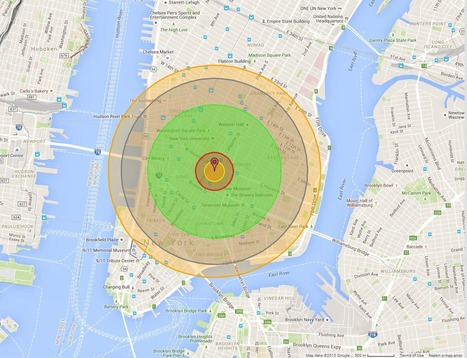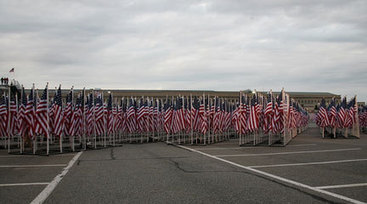KH: How has America changed since the attacks of September 11, 2001? We are still struggling to find a balance between saftey and civil liberties. The Patriot Act, prisoners in Guantanamo Bay, interrorgation techniques have all become parts of our lives.
The article asks the questions...
• Can the government listen to our phone conversations and read our e-mails without warrants?
• Should suspected terrorists at the Guantánamo prison in Cuba have the right to challenge their detention in court?
• How much power does the president have to search for and punish those accused of having terrorist ties?
• Are harsh interrogation techniques ever justified? And at what point do they become torture?
Do you remember a time when you could board a plane with friends or family seeing you off from the gate? Do you remember bringing liquids though security? The youth of this country do not. For more resources on September 11th, see: http://www.scoop.it/t/national-september-11-memorial-the-world
Via
Ms. Harrington



 Your new post is loading...
Your new post is loading...











The NukeMap allows you to set different determinations such as bomb size, etc, as well.
Human Nature!
I highly suggest tinkering around with "NukeMap," as I have spent the last 30 minutes seeing how different bombs would destroy my neighborhood and the surrounding areas- it will even adjust for varying casualty rates in areas with higher or lower populations, even just by moving the detonation site a couple of streets away. It's pretty cool at the surface, but to examine the destructive capabilities of some of these weapons is downright terrifying. You view the blast radius encompassing your home, your entire existence, on a computer screen, and its easy to forget the devastation of it all disappearing. For those who survived the atomic bombs dropped at Hiroshima and Nagasaki, there was no simulation to tinker with, but instead a reality more terrible than anything I've ever had to endure in my own personal life. Thousands of lives lost, thousands more left irreversibly shattered, never to be the same again. All because men in government buildings on opposite sides of the ocean couldn't get along. No one wins in war.